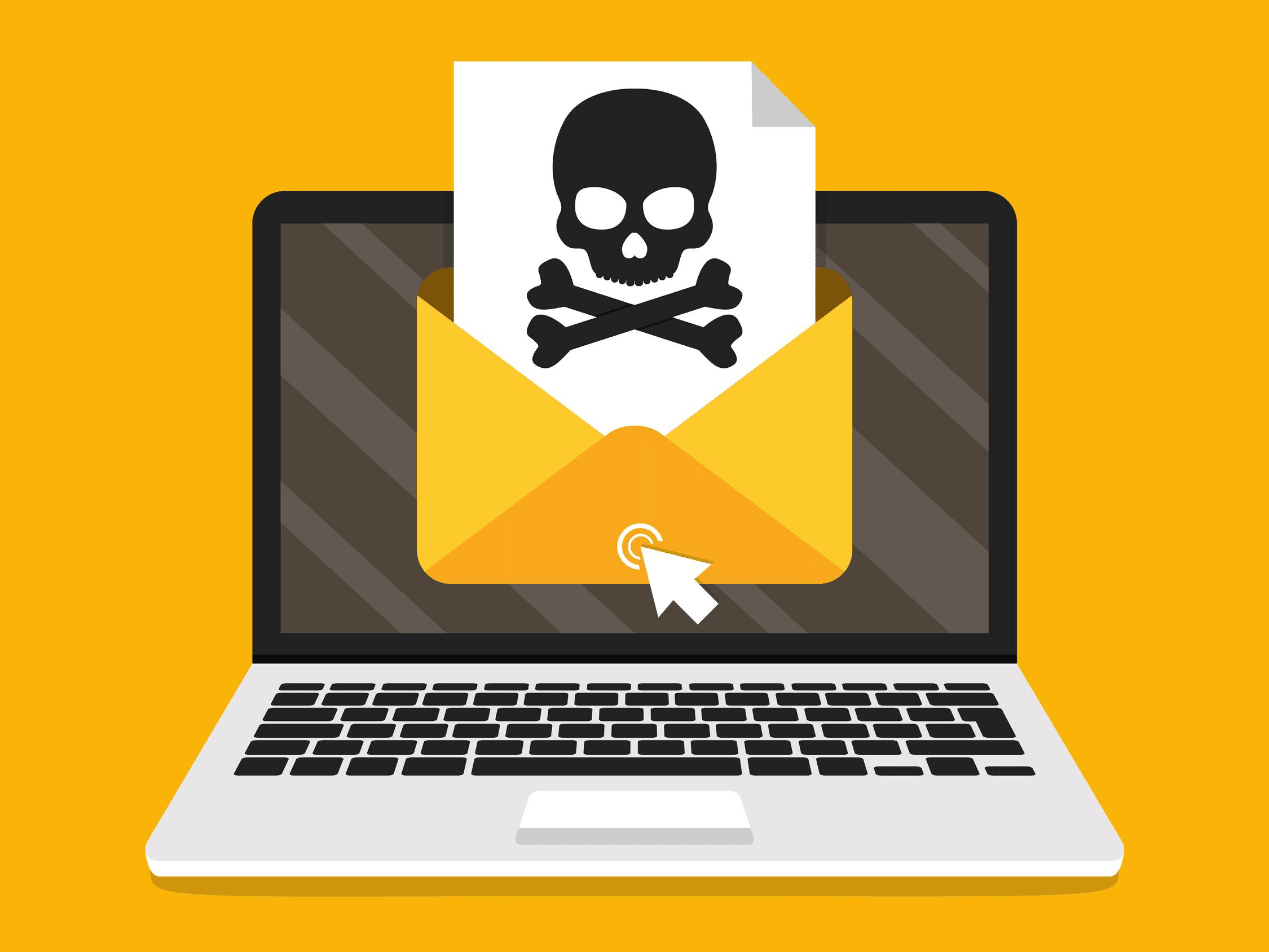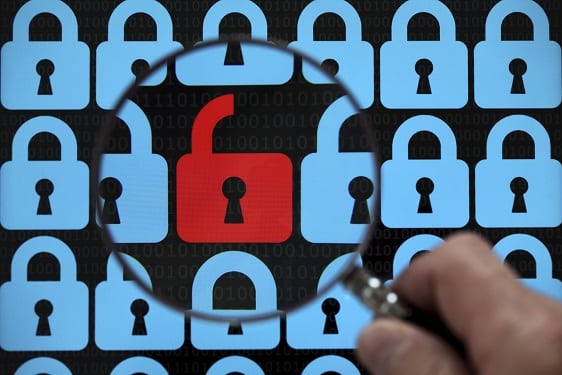Email viruses contain malicious code sent through email messages. People can get an email virus by clicking on a link or opening an attachment infected with the virus. Email is the main entry for bad actors to get into an organization and cause a data breach. This can be costly, especially when it is a HIPAA email situation.
Nowadays, email viruses are often linked with phishing attacks. Malware and spam can appear to come from a trusted source, making it harder for victims to identify. Once a victim is infected, a virus can spread to the victim’s contact list. Keep your HIPAA email safe and learn the facts about infected email.
Email viruses, HIPAA email and responding to infected email
Although email viruses are still real threats, you will not download a virus by opening and replying to an infected email, as long as the malicious link or attachment in the email remains unopened. The vulnerabilities and security holes that previously made infected emails dangerous to open have been patched due to software updates with browsers, operating systems, and email clients.
While it might have been dangerous to open and respond to an infected email in the past, victims can have some peace of mind knowing they won’t automatically get a virus when replying to an email.
These days most viruses are activated when a victim opens an attachment or clicks on a link. However, responding to an infected email can still be dangerous because it confirms that the email address is still active. As a result, you may become a target for more spam and malicious emails.
See also: Top 3 ways email gets hacked
Sending and responding to HIPAA compliant email
Responding to infected emails can also reveal your location, which cyberattackers use to locate the server and attack your network. You also may share personal details in your response. Cybercriminals only need a few pieces of identifiable information to hack your accounts.
Additionally, if your email reply includes confidential information, cybercriminals can blackmail you, demanding a ransom in order to keep your privacy.
SEE ALSO: What is a trojan and how can you protect your healthcare business?
How to prevent email viruses and keep HIPAA compliant email environments safe
Even though your computer won’t get a virus by replying to an email, it’s still better to not receive malicious email in the first place.
Here are some steps that you can take to protect yourself:
- Keep browsers and operating systems updated
- Install an antivirus program
- Don’t open unfamiliar attachments or links
- Don’t respond to email messages from unknown senders
- Never open zip files or executable programs unless they are from a highly trusted source
Cybersecurity protection with Paubox
Healthcare providers can prevent email viruses with solid cybersecurity protection. Email security is essential to protect against data breaches and HIPAA violations.
Paubox Email Suite Premium is revolutionizing how healthcare providers protect their inboxes. Our HITRUST CSF certified email encryption solution enables you to send HIPAA compliant email directly to your patients’ inboxes from your existing email platform (such as Google Workspace or Microsoft 365) with no passwords or portals required.
Paubox Email Suite Premium comes with inbound email security that blocks adware, spam, and other email threats. It includes ExecProtect, our patented feature that combats display name spoofing.
Our solution also includes email archiving and data loss prevention (DLP), which is crucial for ensuring that unauthorized employees are unable to transmit sensitive data to unauthorized parties.
Try Paubox Email Suite Premium for FREE today.






